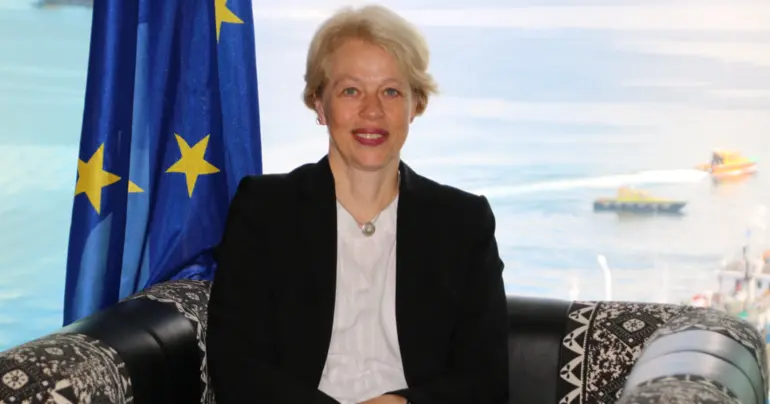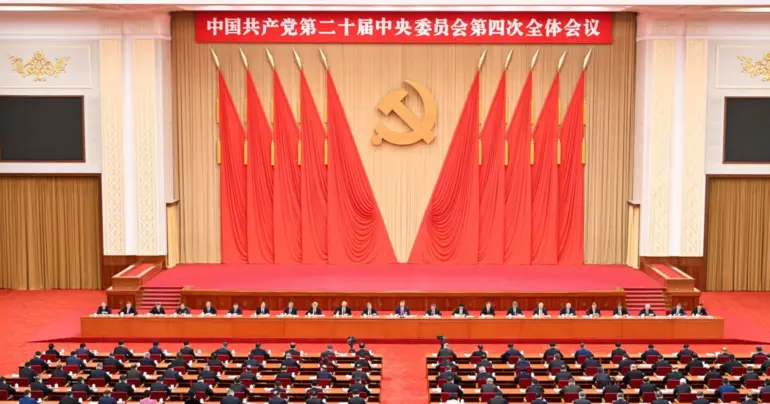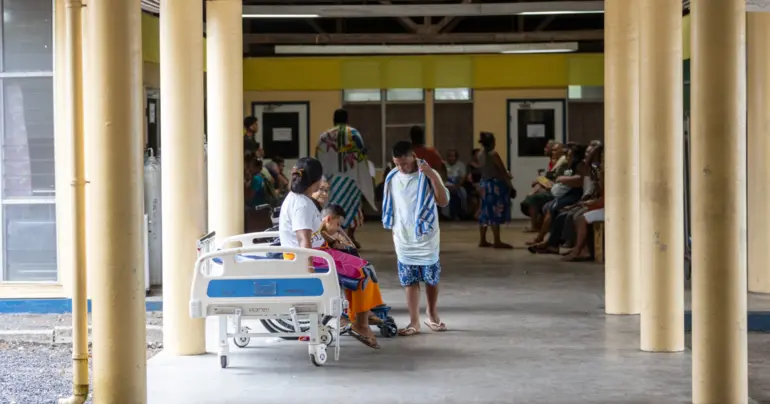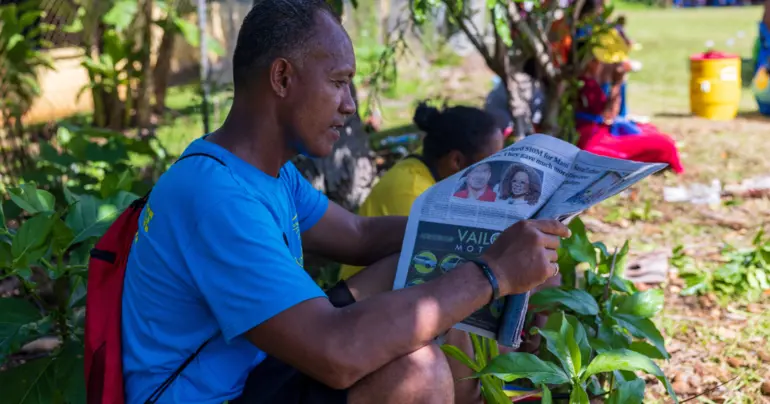The world needs Indigenous voices at COP30 and beyond
As the world gears up for COP30 in Brazil and the hopefully soon-to-be-announced COP31 in Australia (co-hosted with the Pacific), the urgency of the climate crisis has never been more apparent. Yet, amid the political negotiations and corporate commitments, one critical voice remains marginalised – that of the world’s Indigenous peoples many of whom bear the brunt of the climate crisis. From the Amazon basin to the oceanic ecology of the Pacific, to the multitude of environments that are part of our own island continent in Australia, Indigenous peoples have lived, walked and observed their environment with a shared view and responsibility, that as stewards of these environments with a responsibility for future generations.
For generations, Indigenous communities have managed the world’s most biodiverse regions, not through coincidence but through a deep, intergenerational understanding of land, water, and climate systems. Traditional knowledge is not just cultural heritage; it is science, it is sustainability, and it is survival.
There is a danger that the world sees, hears and interprets the Indigenous voice through the colonial prism of “blissful innocence”, “noble savage” or other paternalistic tropes. This would not only be ignorant, but a fatal error of judgement in the face of catastrophic climate change. In fact, the most consistent voice of warning to the rampant extractive exploitation of the world’s finite resources and the protection of the natural environment has been that of those who have lived in these places the longest. This has been shown through:
A proven track record in climate leadership. Indigenous peoples have been implementing climate solutions for millennia. Fire management practices, regenerative agriculture, and water conservation techniques have sustained ecosystems in ways modern policies are only beginning to understand. Yet, these practices are often dismissed or appropriated and abused without any respect and recognition to its source.
Commitment to protecting the Earth’s last strongholds. From the Amazon to the Arctic, Indigenous lands are under increasing threat from extractive industries, deforestation, and land grabs in the name of “green energy” and economic progress. Without Indigenous leadership at global climate negotiations, these so-called solutions risk deepening environmental destruction rather than reversing it.
Challenging the status quo. With existing climate frameworks largely shaped by governments and corporations whose assumed strategic economic interests often overshadow and undermine real climate action. Indigenous peoples challenge this narrative, demanding accountability, not just empty pledges. Our voices disrupt the comfortable cycles of inaction.
Justice, not just carbon credits. The rush for net-zero commitments has turned Indigenous lands into carbon sinks without addressing the rights of the people who live there. The push for nature-based solutions must be Indigenous-led, ensuring that climate justice does not come at the cost of Indigenous sovereignty and self-determination.
Brazil will host COP30 in 2025. It is also the home to COIAB (Coordination of Indigenous Organizations of the Brazilian Amazon). The Amazon is not just a global climate regulator – it is the heart of Indigenous resistance against environmental destruction. Should COP31 be held in the Pacific in partnership with Australia, a land where Aboriginal and Torres Strait Islander peoples have practiced sustainable land management for over 60,000 years, talks must focus on the Indigenous voices and wisdom, not as token gestures, but as equal partners in shaping the future.
At the same time the Indigenous voice and significant voting power of the Pacific Islands bloc within the UN has been an important one in shaping the approach of the UNFCCC and climate action in other international forums. In the case of the Pacific this approach and perspective has been shaped by the existential threat that climate change represents now, not in some distant future. The results to date have included building consensus and commitment as demonstrated in the Paris Agreement, as well as establishing mechanisms for greater action on transitioning away from fossil fuels, as early movers on establishing a fossil free treaty process. It has also involved securing recognition of the injustice faced by vulnerable island states and other communities, via the advisory opinion on the obligations of states with respect to climate change from the International Court of Justice, and helping to the secure the establishment of a long advocated for “loss and damage“ fund in recognition of the global harm done to climate exposed communities like those in the Pacific.
As the world meets for this year’s COP30 in Belem, Brazil – with the increased uncertainty and rising challenges to the international rules-based order that has underpinned consensus and action by the international community to combat climate change – the voice of Indigenous peoples from Brazil, Australia and the Pacific, in solidarity with other Indigenous peoples from across the planet are coming together in strength to have their voices heard. Whether through the formal mechanisms of the UNFCCC or other opportunities at the bilateral and plurilateral level, the call for action remains consistent and loud.
Now, more than ever, it is time to listen.
Pastor Rev Dr Ray Minniecon is a Kabi Kabi and Gurang Gurang Elder, co-chair of the Indigenous Peoples Organisation – Australia as well as a pastor in the Anglican Church and educator. ‘Alopi Latukefu joined the Edmund Rice Centre for Justice and Community Education as Director in February 2023.











